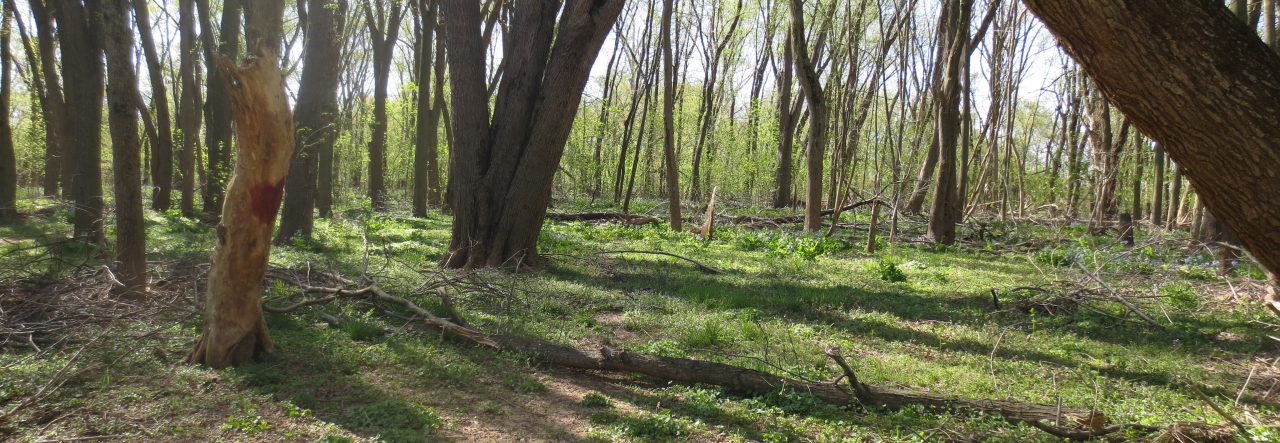My boys are a destructive force – let’s just put that out there – and it’s one of my jobs, as their mother, to civilize them and thus to mitigate their destruction. Of course, we all have a little bit of the savage in us. When I discuss the animal kingdom, I like to include myself, as a human, in that kingdom, and acknowledge that many of our actions, and our motivations, are rooted in our basic, animal selves. We want to survive, we want to thrive, and we want the resources and power we require to do that. Some of us are better equipped for survival, whether through biology or circumstance or, perhaps most importantly, adaptability and resilience. Others struggle.
It is a quandary that I encounter on an almost daily basis that my boys, in order to survive, seem to need to destroy and dismantle. Unless they dig holes, bang on trees, lift logs or break something, they themselves fall apart. According to today’s parlance, they have “sensory issues.” Why they have these issues is not something I wish to discuss. It’s up to them to share such information. It’s enough simply to say that intense activity is necessary for them to function in a way that modern society would find acceptable. And yet, in this modern world of cities and towns and carefully ordered neighborhoods, it is very difficult to find a place for them to be as physical as they need to be.
When he was younger and living in Minnesota, my older son used to dig holes in our yard. They were all over the place, some quite deep, and he liked to move the black dirt from place to place, pretending to fill in potholes, imagining that one day he would find the dragon that lived underneath us. Perhaps because we lived in an older house in an older neighborhood, our neighbors were simply amused by the whole process. Here in Maryland, however, we have found some of our neighbors less tolerant of such endeavors. After my sons began excavating a rather large trench, one of them said to me, with an air of innocent kindliness, “I’ve always had neighbors who take care of their yards. I guess I’ve been lucky.” The until now was unspoken but eloquent.
Driven from our home, the Monocacy River has become the boys’ primary outlet. Yet, even there, I must apply some restrictions. It is, after all, public property, and they can’t simply cut down a tree where they wish. When they dig holes, I worry about where they’re digging, and, as much as possible, I protect living things from being injured by their projects. After some internal debate, I no longer argue when they build their dams, which allow them to lift, dig, haul and plan, on the small streams that are off the main river. They break them as quickly as they build them, enthralled by watching the water bulge over its temporary banks, then burst out, refilling the channels downstream like a miniature tsunami. Still, as the spring progresses, we encounter more fine-weather walkers, and I can see the disapproval in their furrowed brows and tight lips, the aggressive slowing of their gait as they pass us by.
But where are we to go? What are we to do? We ask our children to sit quietly at their desks at school all day. From experience I know that, if they can’t, a common consequence is to have their recess taken away. And gym, music, and art, which used to be outlets for creative activity, are now often as filled with tests and standardized academic measurements as math or reading. When the children come home, we then want them to participate in organized sports and activities, which still require sitting, or listening, or drilling. If a child can’t do these things, then what? Where do they go? What do they do? How can they be in this world?
I’m a rule-follower. I’m a conflict-avoider. But I’m slowly abandoning the lifelong role of people-pleaser. It’s simply impossible, and, as much as I think it’s desirable, it’s really not. And so I will let my sons play at the river. And some people will disapprove of how they play. But they will be the unfortunate ones, because, in their quest for rightness, they’ll miss wonder and passion and the beauty that destruction sometimes brings.




